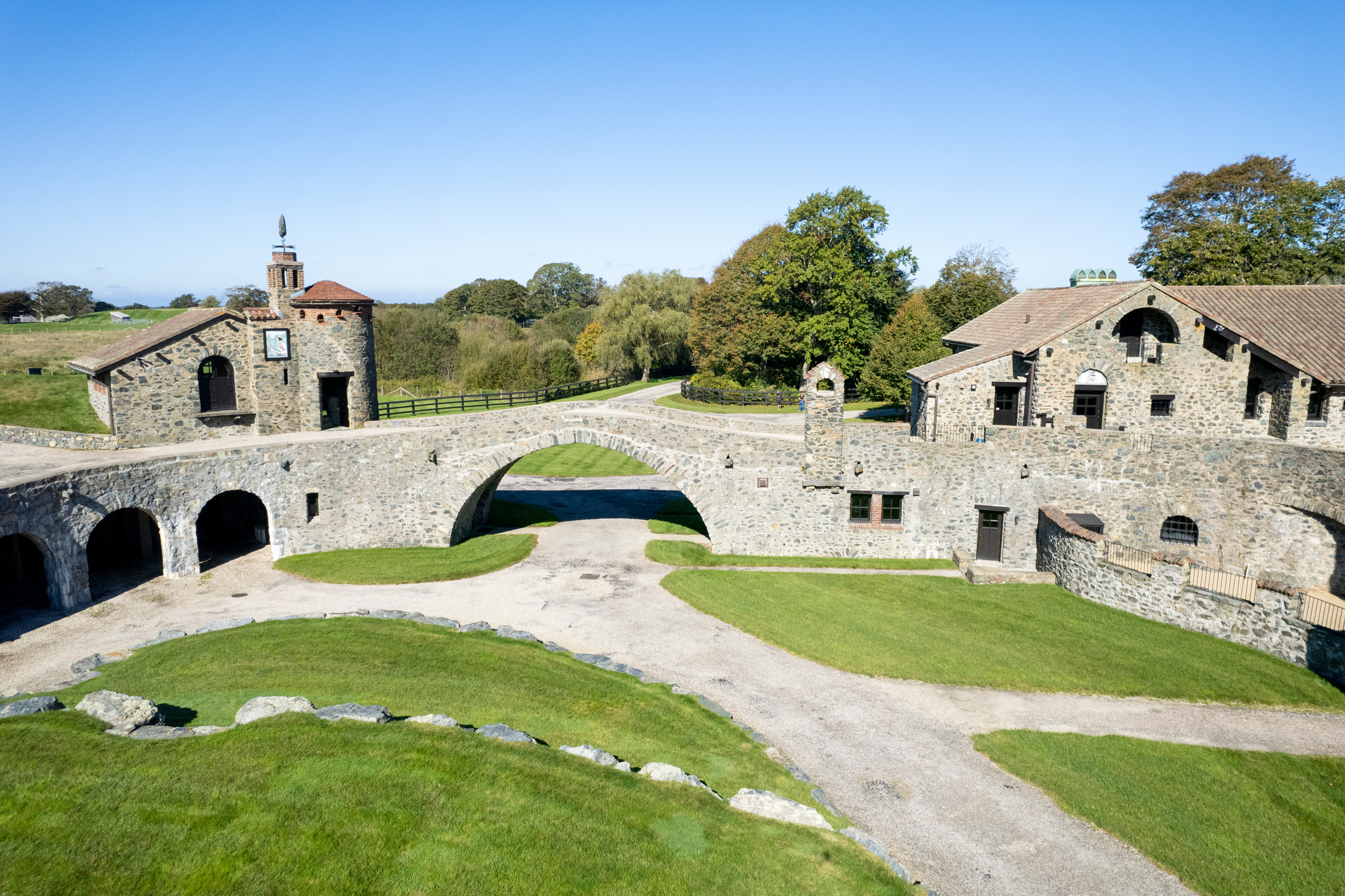
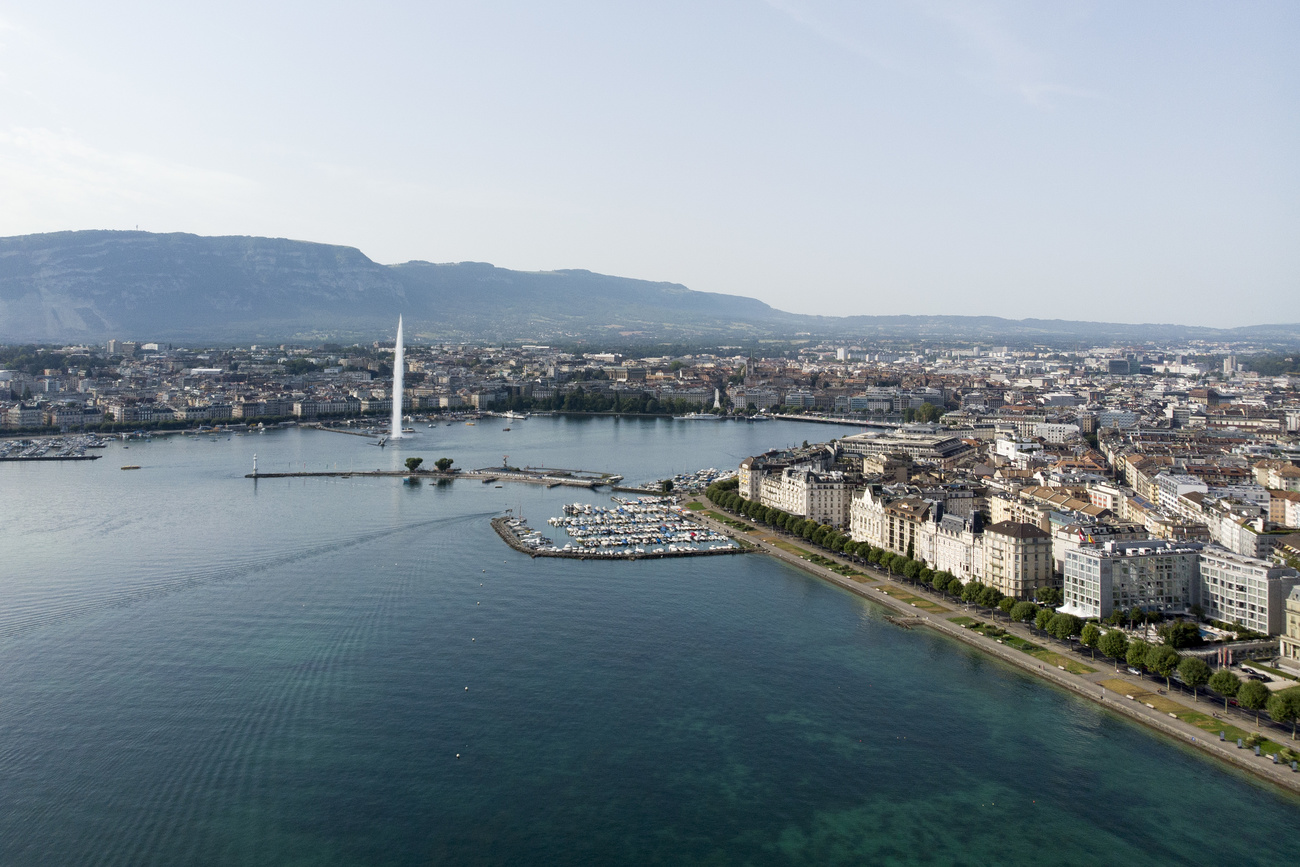
Switzerland Today
Hello from Bern,
Here are the latest news and debates doing the rounds in Switzerland on Friday.
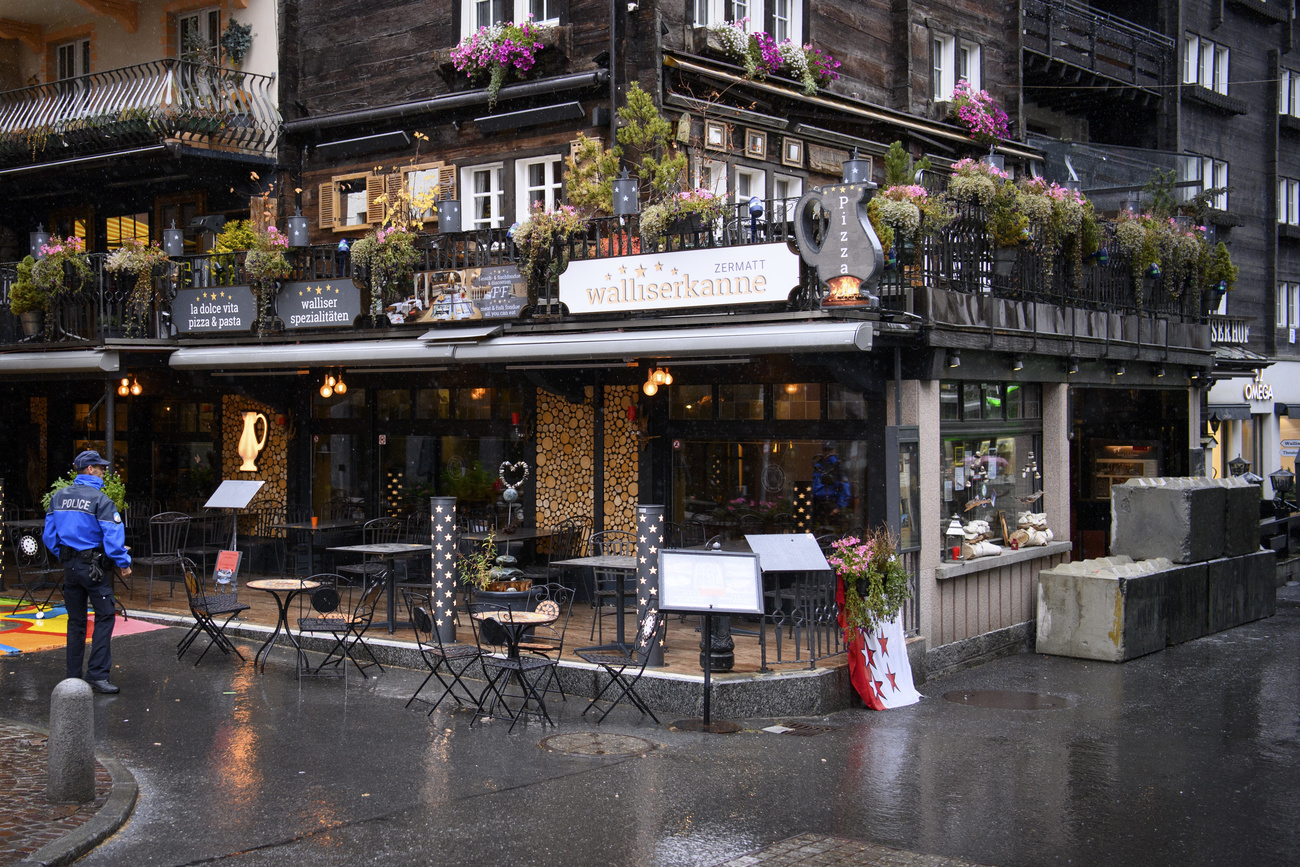
In the news – the operators of a defiantly Covid-sceptic restaurant in canton Valais are out of police custody. Attention is turning to their political leanings.
- Yesterday, the three restaurateurs from Zermatt, arrested on Sunday for flouting health regulations (they notably refused to check clients’ Covid certificates), were released. This was despite prosecutors wanting to keep them in custody for up to a month. Today, it was confirmed that the operating licence of the three had been suspended indefinitely. Meanwhile, a Twitter thread by a left-wing group in Bern spotted that one of the graffiti on the wall of the restaurant carried a slogan often used by the far-right QAnon group.
- Researchers from Bern and Lausanne universities have found that the SARS-CoV-2 virus can infect and spread in human placenta. The findingsExternal link will hugely help the understanding of how Covid impacts pregnant women, the scientists said. Pregnant women have a 70% greater risk of becoming infected with SARS-CoV-2 than the general population of the same age. “If they become infected, the risk of a severe progression, i.e. admission to intensive care, is around 5-10%,” said David Baud from Lausanne University Hospital.

Measures and standards for sustainable finance are set to be measured and standardised better. But the body that will do this will not be based in Geneva, as the Swiss had hoped.
In Wednesday’s briefing, we talked about the efforts of Swiss banks and financial institutions to ride the sustainability wave by investing in climate-friendly projects and companies. As we wrote last year, “green” investments are very much on the rise in Switzerland: over the past decade, they went from CHF40.6 billion to CHF1.16 trillion ($42.7 billion to $1.2 trillion), leaping by 62% in 2019 alone. However, there is a catch: the definition of what counts as “sustainable” is still patchy, and the rules for companies and investors to act sustainably have so far been a bit toothless.
The COP26 folk in Glasgow wanted to change that: and the good news (for climate activists etc.) is that a new institution was created this week, the International Sustainability Standards Board (ISSB). It’s job is to come up with a list of global standards around company sustainability, which should bring a bit of order to things. The bad news (for Swiss authorities) is that this new body will be setting up in Frankfurt in Germany – and not in Geneva, despite the efforts of Switzerland’s “international” city to position itself as a sustainable finance hub and to woo the ISSB to move to the shores of Lac Léman.
Friday’s Le Temps reportsExternal link that the blow for Geneva was largely political: although the city has a lot going for it (banks, international organisations, neutrality, security, etc.), the ISSB preferred a European Union location, after apparent heavy lobbying by Brussels. Indeed, the EU is also keen to build its profile as a sustainable finance pioneer, and it was also keen – if Le Temps is to be believed – not to let Switzerland steal its thunder; particularly after the collapse in talks for a new framework deal earlier this year. After its ejection from the Horizon Europe research programme and the prospect of dwindling electricity imports, it’s the latest setback for Swiss ambitions at the hands of the EU…
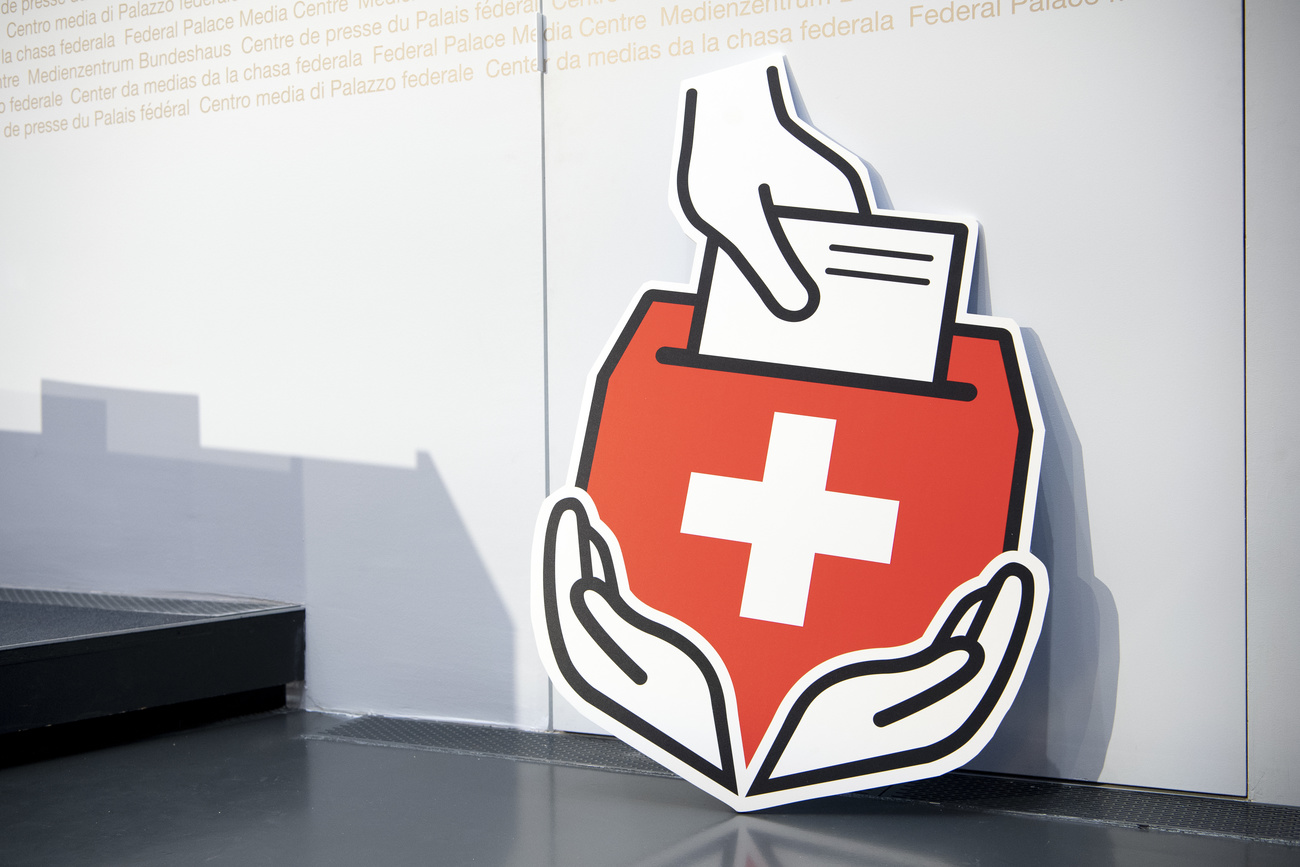
E-voting is still a distant prospect in Switzerland, despite the latest relaunch by authorities, the NZZ writes.
For such a technical topic, the issue of e-voting in Switzerland lends itself extraordinarily well to metaphors. It’s a “zombie policy” – always on the table, always seeming to move, but never actually alive. Groundhog Day also comes to mind: every time the issue comes up, it’s as if the policy is still in the starting blocks (there’s another one). Today’s Neue Zürcher Zeitung avoids the metaphors, but isn’t optimisticExternal link about the Swiss e-voting dream: despite the latest efforts by federal authorities, “a general euphoria for e-voting is not to be felt”, it writes. And: the e-voting failures represent the “darkest chapter in the efforts to bring Swiss democracy up to speed for the digital age”. Ouch!
The current situation is that – after security flaws torpedoed previous trials in 2019 – the federal authorities want to bring in new legislation to allow cantons (responsible for organising votes) to launch trials again, but this time only with fully certified systems. The project is currently in a consultation phase. However, the NZZ says that not many cantons are keen: many of them want more money from Bern for the trials, while one canton – Schwyz – is against the idea of e-voting altogether. Political parties are also split, which means this will have a hard time getting through parliament. Business federation economiesuisse is also sceptical. Ultimately, the NZZ says, we still have “some years” ahead before large groups of the population can vote digitally.
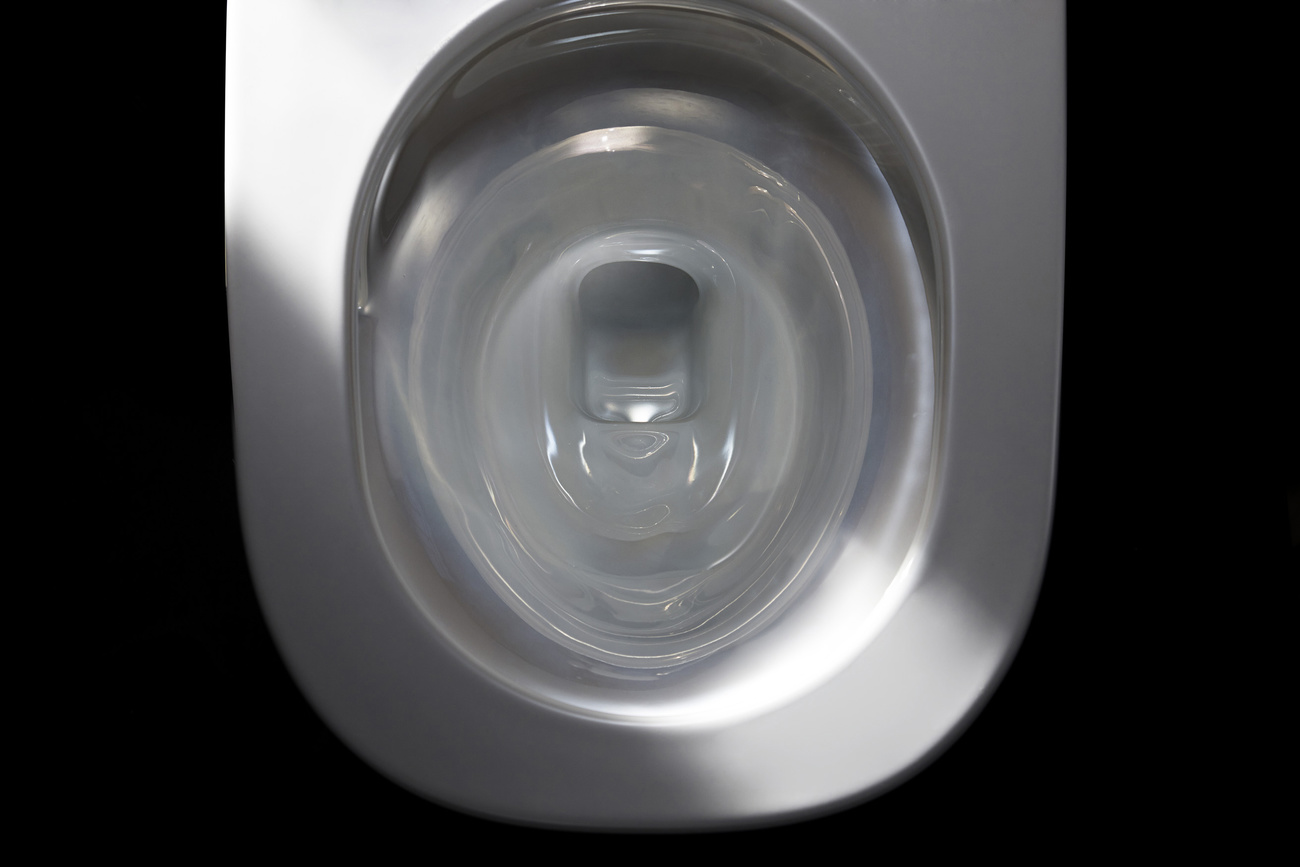
A ranking of the best-liked new products in Switzerland reveals that people like to eat, drink, and clean their toilet.
Can you tell much about a national psyche by what its population buys? In Friday’s 20 Minuten (incidentally the most popular, albeit free, newspaper in the country), we find an interesting story about “Switzerland’s favourite new productsExternal link”: apparently 6,432 new “things” came on the market in 2021, and the Promarca company went to the bother of finding out which ones were most appreciated. Top spot went to: Magnum’s “Double Gold Caramel Billionaire” ice-cream. In second place was Rivella’s latest grapefruit drink, in third place some sweet potato crisps from Zweifel, fourth an alcoholic passion fruit drink from Eve, and in fifth place – bucking the trend – was the “Total Active Gel Ocean Wave”, a toilet cleaner from Duck. After all the sugary snacks, the WC presumably needs a scrub… Have a nice weekend!
More

In compliance with the JTI standards
More: SWI swissinfo.ch certified by the Journalism Trust Initiative























